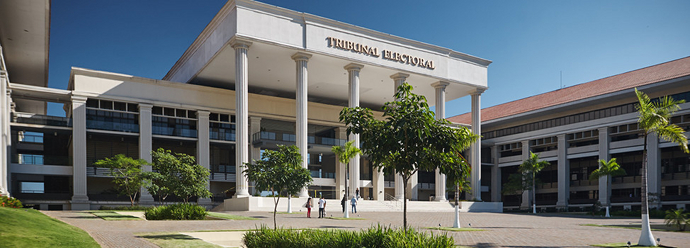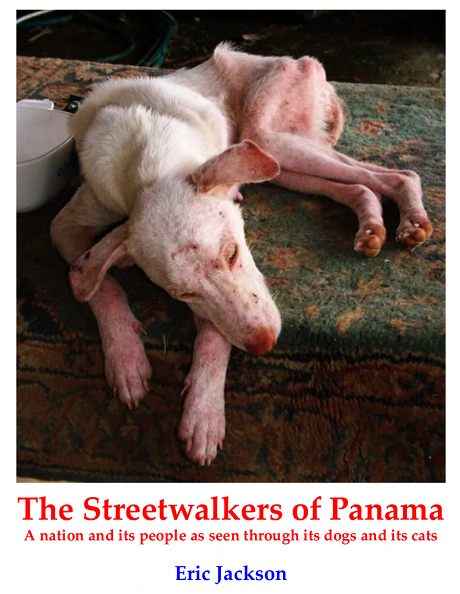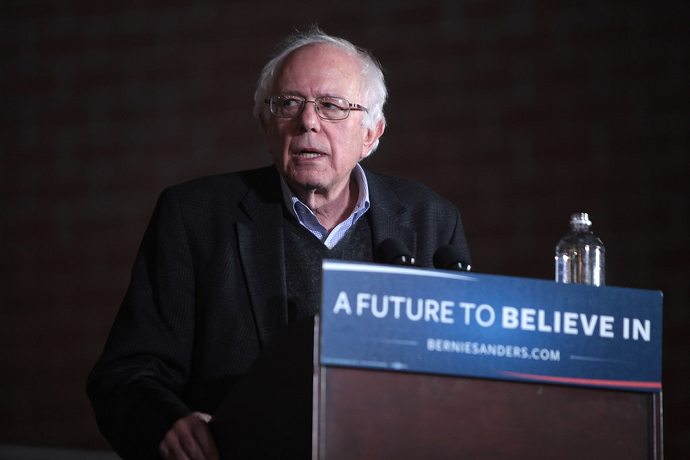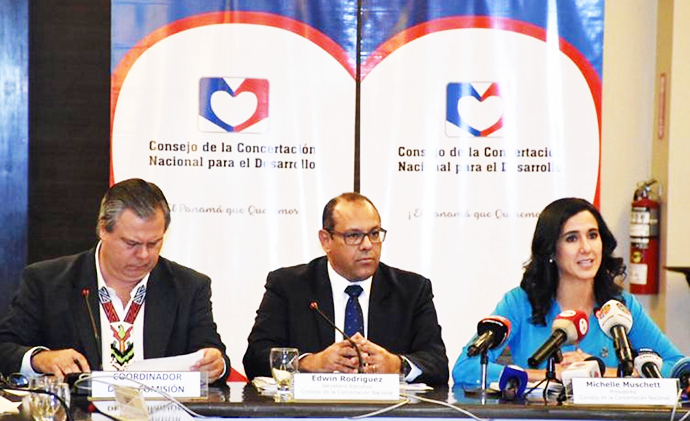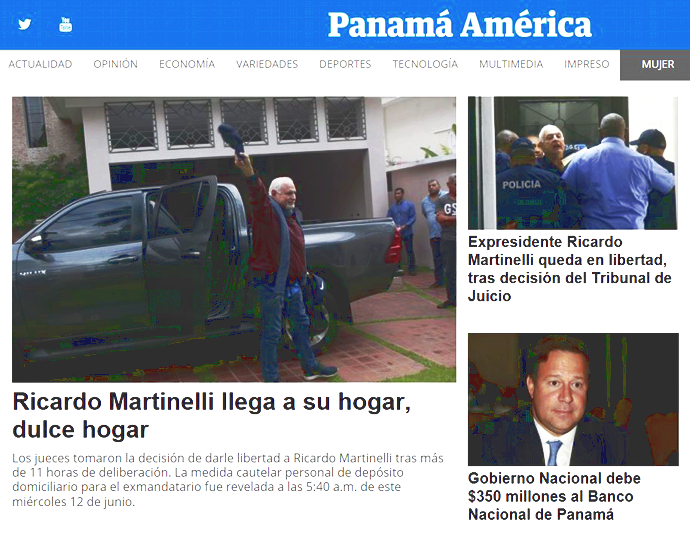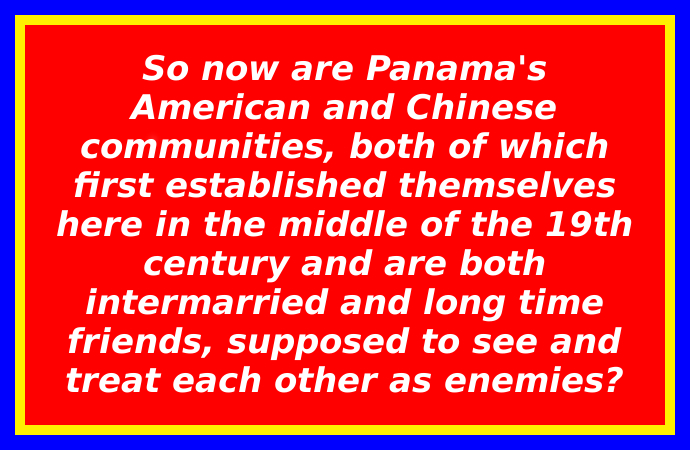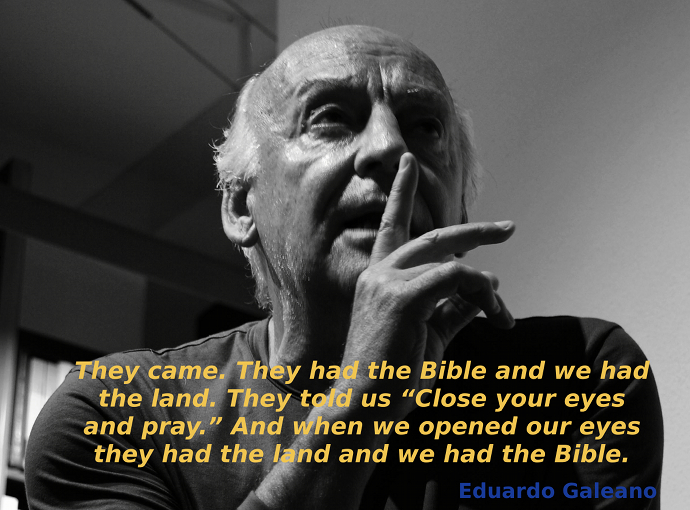Word comes from across the Atlantic that police in Andorra are looking at the financial activities of Panamanian lawyer Mauricio Cort, who has also been named as a suspect in Odebrecht’s money laundering and bribery activities. He’s under investigation as a suspected intermediary in bribery by the Spanish construction company FCC of a number of Panamanian officials. One of the contracts said to be involved was the construction of the Electoral Tribunal headquarters. Think of how serious this would be for a critical national institution. Photo by the Electoral Tribunal.
Continuity or change?
With less than two weeks before a new administration and legislature takes office, we are lulled into a sense that nothing much will change, with some hopes that certain things will. Nito Cortizo’s personality is one thing, but soon enough the character and interests of the National Assembly will come to the fore to select two very important people, the next Comptroller General and the next Attorney General. Pick two sycophants and corruption gets even more of a lock than it has had. Pick two capable and zealous defenders of the public trust and all of a sudden the crooks have more to fear. Those are the legislature’s choices, not the president’s.
Meanwhile several of the re-elected legislators are named by the comptroller with respect to crude abuses of public funds. Also, renewed questions from across the ocean cast shadows on the Electoral Tribunal, the Panama Canal Authority, the usual suspects at the Ministry of Public Works and so on.
And then there are the trials of the Martinelli gang, with phalanxes of lawyers deployed to get the courts to declare that 1+1=6, no corruption ever happened and it’s the most fundamental of rights that the the sticky fingers get to keep the money.
The constitutional reforms that Cortizo has embraced can only with great charity be called cosmetic. They are “cosmetic” in the sense that Tammy Faye Bakker’s make-up was. No self-respecting pig would want to wear THAT lipstick. If Nito insists on presenting it to the voters, he will lose that beauty contest and the rest of his presidency will be undermined.
Perhaps we can get some presidential leadership that comes down against all the old games in other ways. These games are of ancient date – the no-show employees on the payroll, the overpriced public contracts with kickbacks, the rigged contests and so on – but they have been carried to extremes in the post-invasion administrations. It was worst of all under Ricardo Martinelli but all of the parties in the legislature are left tainted. Nito says he won’t, and he shouldn’t, try to take over the courts. But surely there are other ways to tell people that certain games he will neither play nor accept and use presidential power to enforce that.
What if this is to be a continuity administration? Can Panama afford more of the same? Not really, but we might carry on as before and make it through five years without a huge crisis like a bankruptcy, a foreign invasion or bodies lying in the street. Let’s hope that this is not Nito’s bet.
Messing with evidence
It appears that National Security Director Rolando López was the author of seven of some 500 emails presented as evidence in the wiretapping and theft case against Ricardo Martinelli. If he was indeed trying to run a fraud on the court, that’s a very serious matter.
Concealment of evidence – like how Martinelli disappeared the spy equipment and its hard drives – is a serious matter that does not get taken seriously in the Panamanian legal system. Fabrication of “evidence” is even worse.
The public is owed a full and truthful explanation. The courts will have to decide which proffered documents are genuine and which are doubtful. Martinelli is not owed an acquittal as his media outlets and his most obnoxious sycophants are proclaiming.
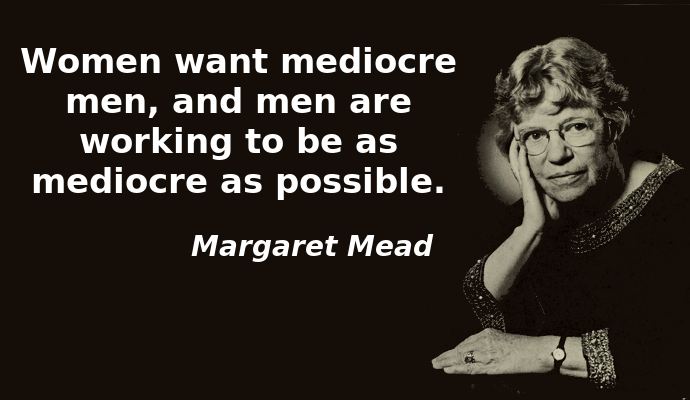
Bear in mind…
These links are interactive — click on the boxes

